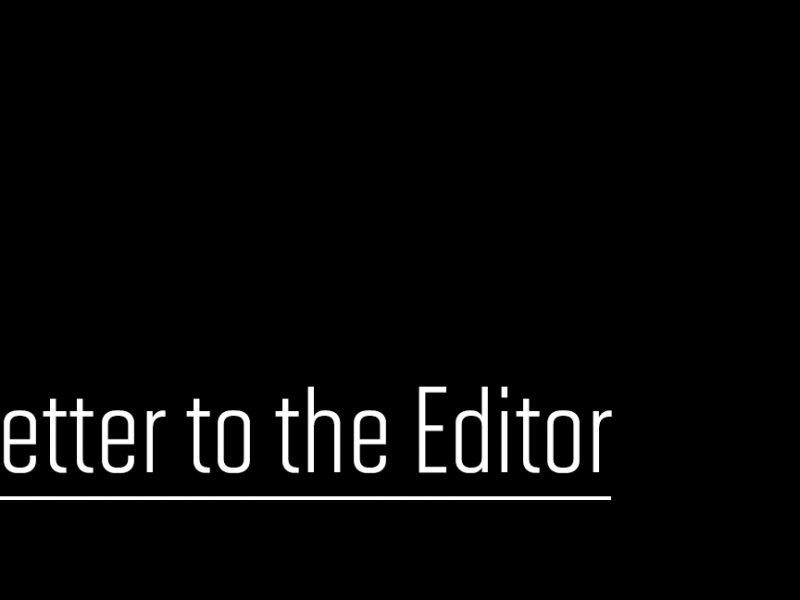Moderating between two extremes
Gay marriage is a controversial subject, but this can be somewhat hard to understand on a college campus plastered with www.telljim.com posters and opinion columns voicing support for Senate Bill 116 — a measure before the state legislature which would legalize same-sex marriage.
I would like to be a dissenting opinion in this case. This is not a black-and-white issue. I do not agree with gay marriage. I do, however, believe that homosexual partners should have equal protection under the law as heterosexual married couples. Since marriage is a social institution under which a man and woman establish their decision to live as husband and wife by legal commitments and religious ceremonies, I do not think this institution that has been in place for a good part of human history should be altered at all.
State Sen. Allan Kittleman (R-Carroll and Howard), so far the only Republican supporting the bill, initially pushed civil union legislation but found no support for it among the proponents and opponents of gay marriage. It is unfortunate that the moderate majority again loses its voice between the extremes. This case is clearly not about rights. A recent poll, which found 51 percent support “gay marriage” in the state, has been misinterpreted by many to say the least. Indeed, the polling results are within the margin of error of 3.5 percent. That is not necessarily a majority. But what I found to be more interesting is that 62 percent support “civil unions” for same-sex couples. If the gay community is serious about attaining its rights, they would pursue civil unions. Instead, we have a bitter issue that is extremely controversial. I ask that everyone take a step back and revisit the idea of civil unions with equal rights — a proposal that is clearly the more popular and reasonable option.
PATRICK JOHNSTON
JUNIOR
LETTERS AND SCIENCES
Working toward open access
This is a note of appreciation for the Feb. 10 staff editorial “Unlocking the future.” We write as the chair of the University Library Council and the dean of libraries. In our view, tying the future to greater and more open access to information is exactly right, especially if one understands the complexities surrounding issues of open access.
The libraries’ strategic plan reflects the importance of open access and changes in scholarly communications to our work. We are committed to initiating a program of open-access journal publishing, maintenance and preservation and to establishing a library role in intellectual property rights management in the open-access environment.
The council members have been working to understand and articulate the complex questions and issues surrounding open access and have produced a report on their findings, “The Crisis in Scholarly Publishing and the Open Access Movement: A Proposal for Broad University Engagement in Study, Dialogue, and Policy,” for the consideration of the Senate Executive Committee, the provost and dean of the libraries. This spring, we hope to see activity to extend information-gathering across he university, including distributing the council’s report, and from that to set the vision for the most fitting and sophisticated open-access policies. Free discussion is primary to ensuring all the implications are clear and we work from shared knowledge to common goals. We look forward to participation by the university community as opportunities to explore this broad and exciting topic are scheduled.
MARTHA NELL SMITH
ENGLISH PROFESSOR
CHAIRWOMAN,UNIVERSITY LIBRARY COUNCIL
PATRICIA STEELE
DEAN
UNIVERSITY LIBRARIES
